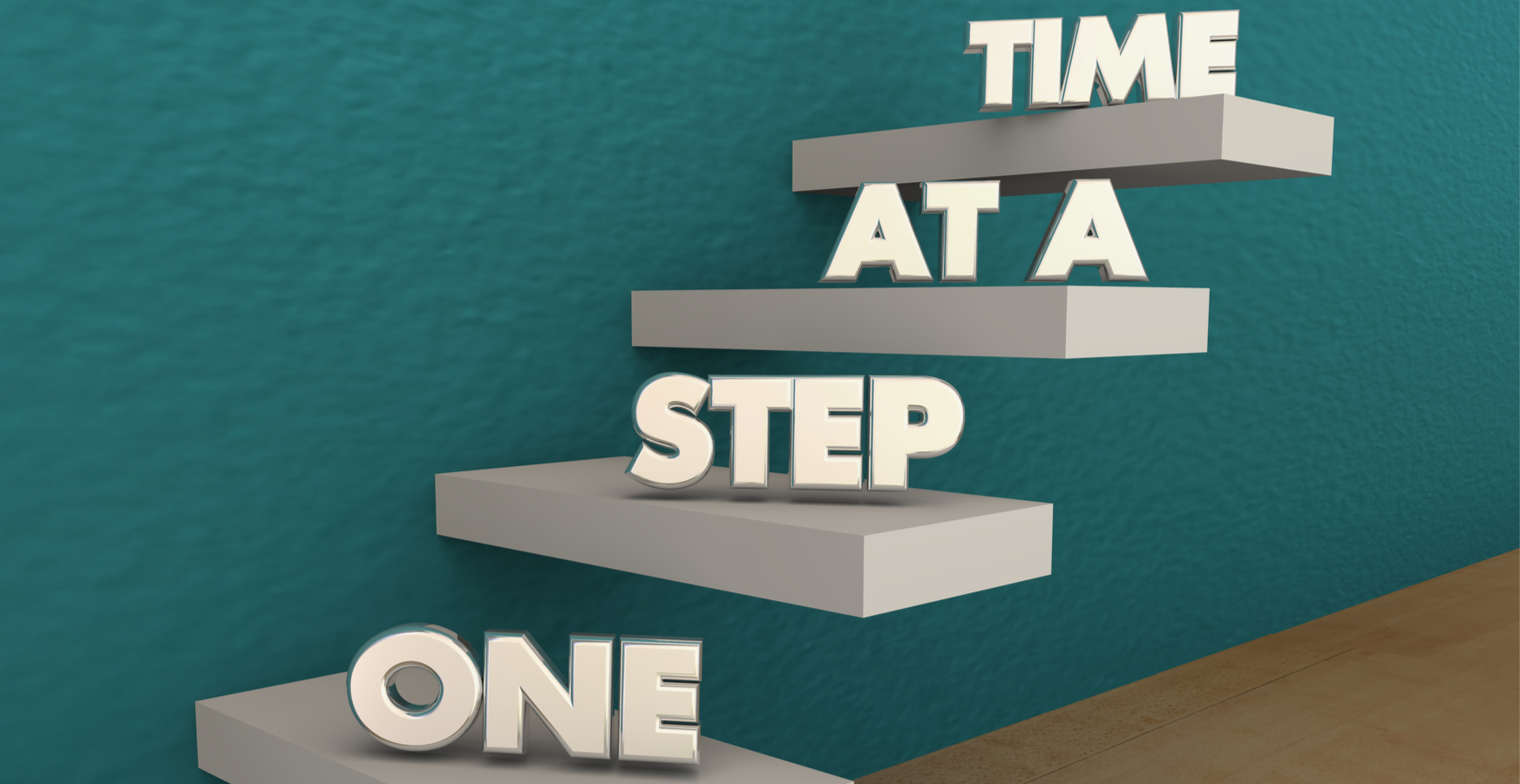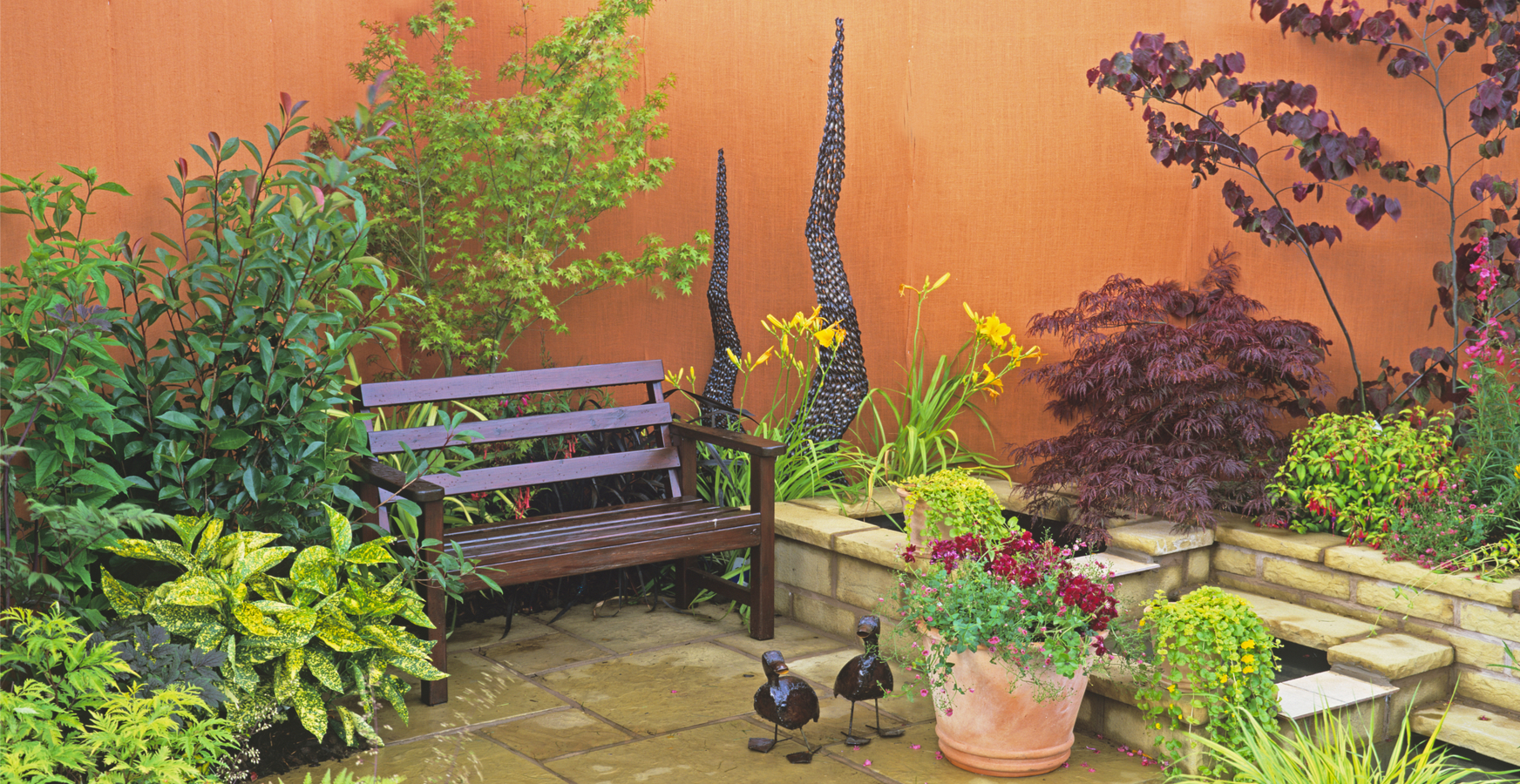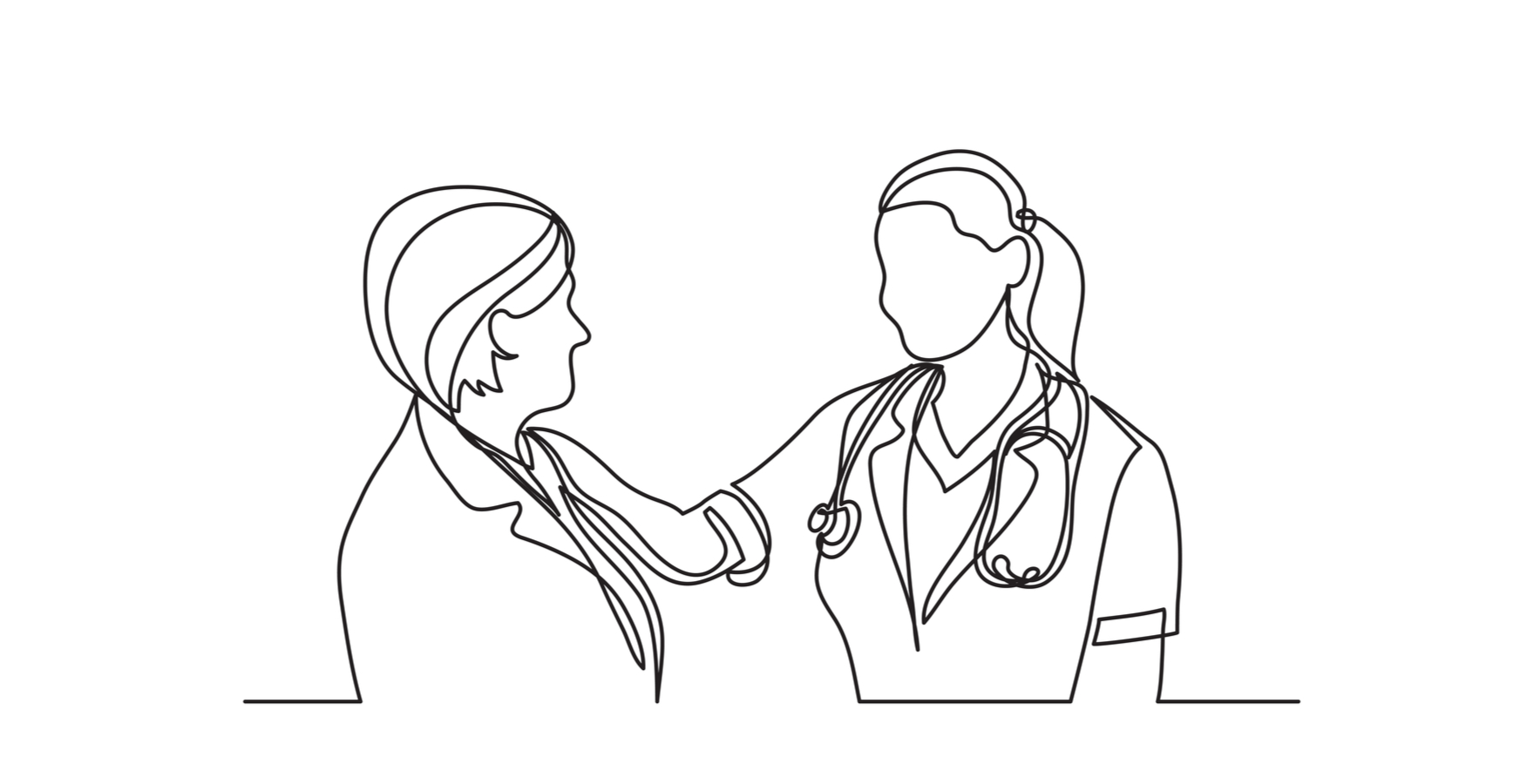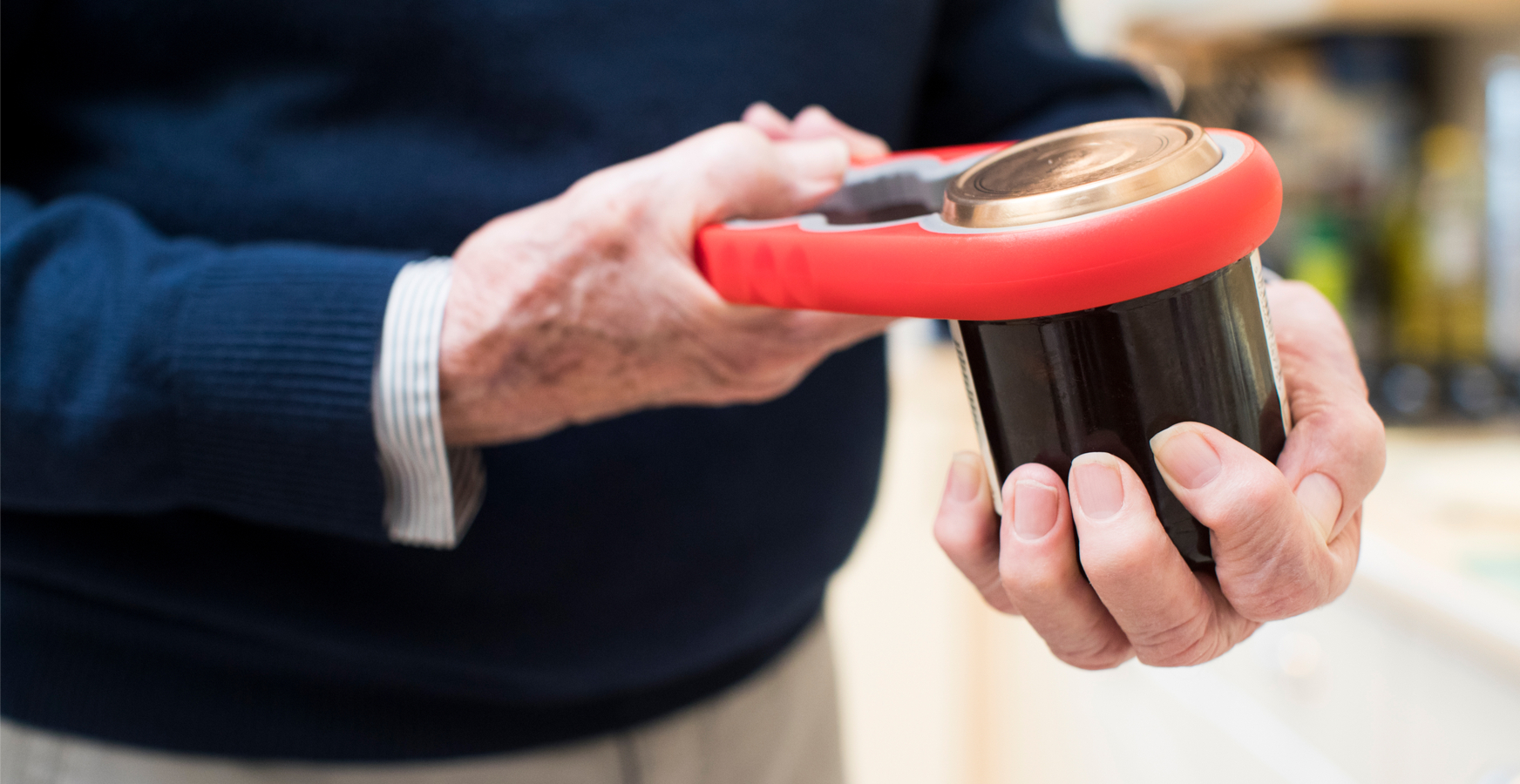Living with pain is difficult. It is easy to become stressed and distressed by your situation and overly focus on the pain you are in. Unfortunately this stress and distress can exacerbate your pain, thereby creating a viscious cycle.
I have found relaxation to be very important for coping with my persistent pain. Relaxation helps calm down my nervous system and generally helps me feel much better. I am sure that everyone has their own ways of relaxing, one of mine is to go down to my beach hut and look out to sea. I find that very calming and relaxing.
Although it isn’t something that works for me personally, many people find the practice of ‘Mindfulness’ to be helpful. There are many courses, videos and books about Mindfulness, and it is widely recognised to be helpful for people with chronic pain. Although the more formal practice of Mindfulness doesn’t suit me personally, I am sure that when I am sitting in my beach hut looking out to see I am fundamentally performing my own version of Mindfulness.
I don’t feel qualified to explain Mindfulness sufficiently, and so I will leave it to the resources I have linked to below to do so. It is certainly something worth finding out more about.
Whether you choose to practice the more formal practice of Mindfulness or not, perhaps the most important message is about the value of relaxation in dealing with a life with persistent pain. Relaxation is important for anyone, but in my personal view even more important if you are suffering the additional stresses related to living a life with persistent pain. It can be both beneficial for your general well-being, but can also improve your overall pain.
Read and explore

Click on the pictures to learn more about each strand
More Information

























